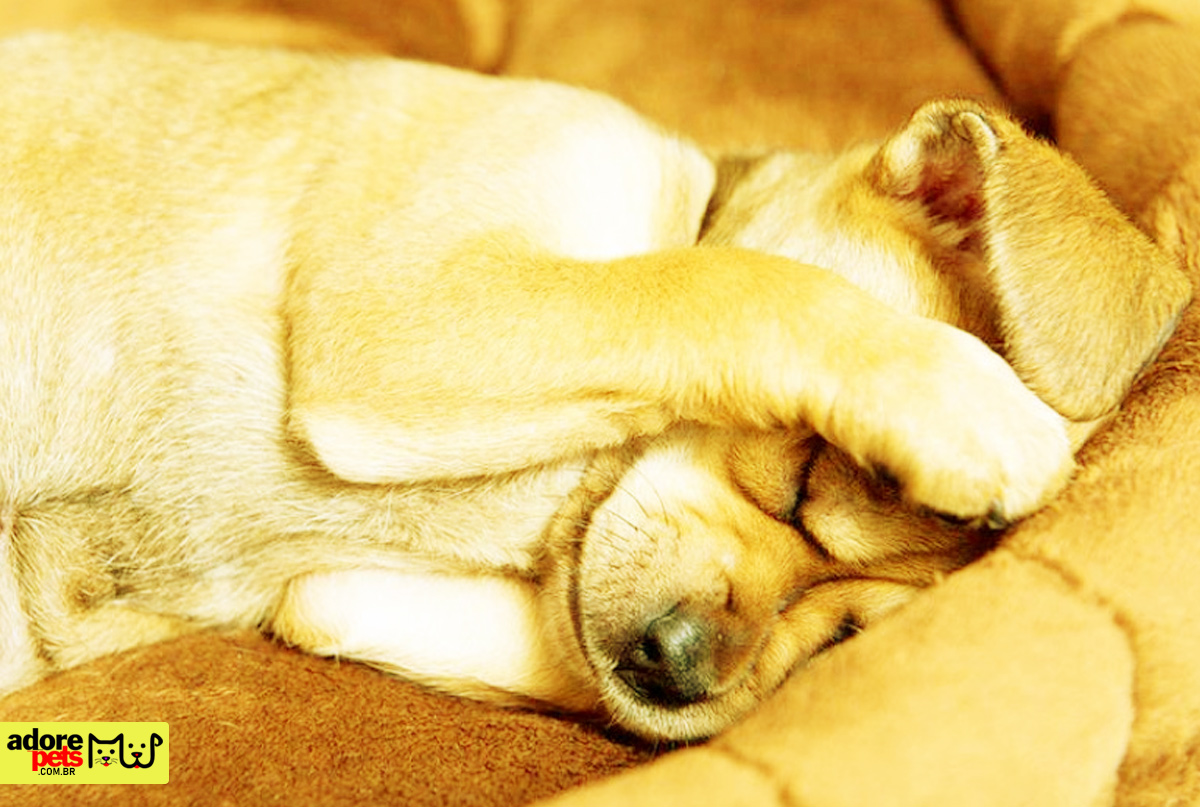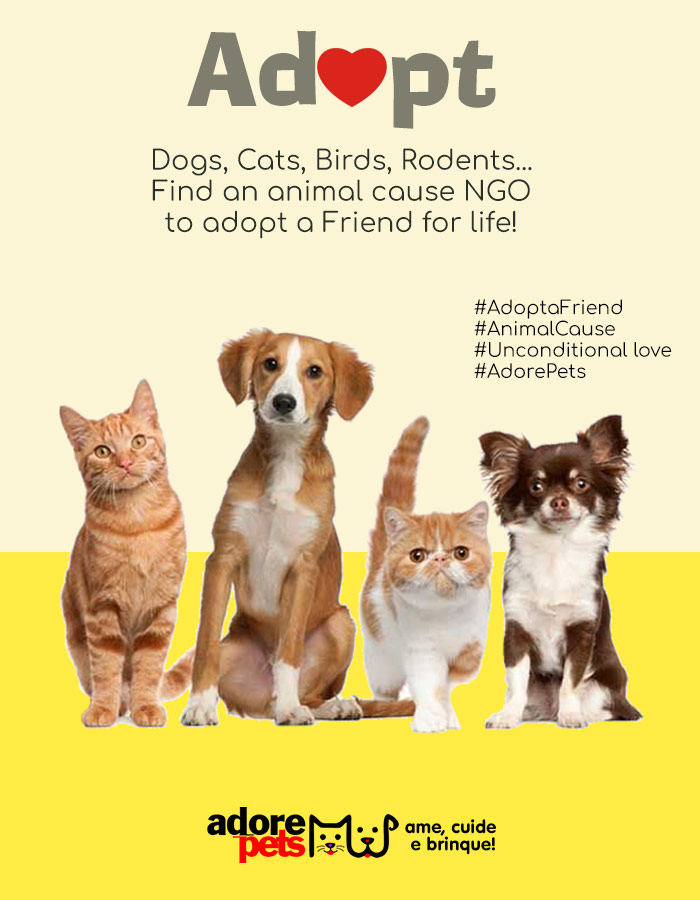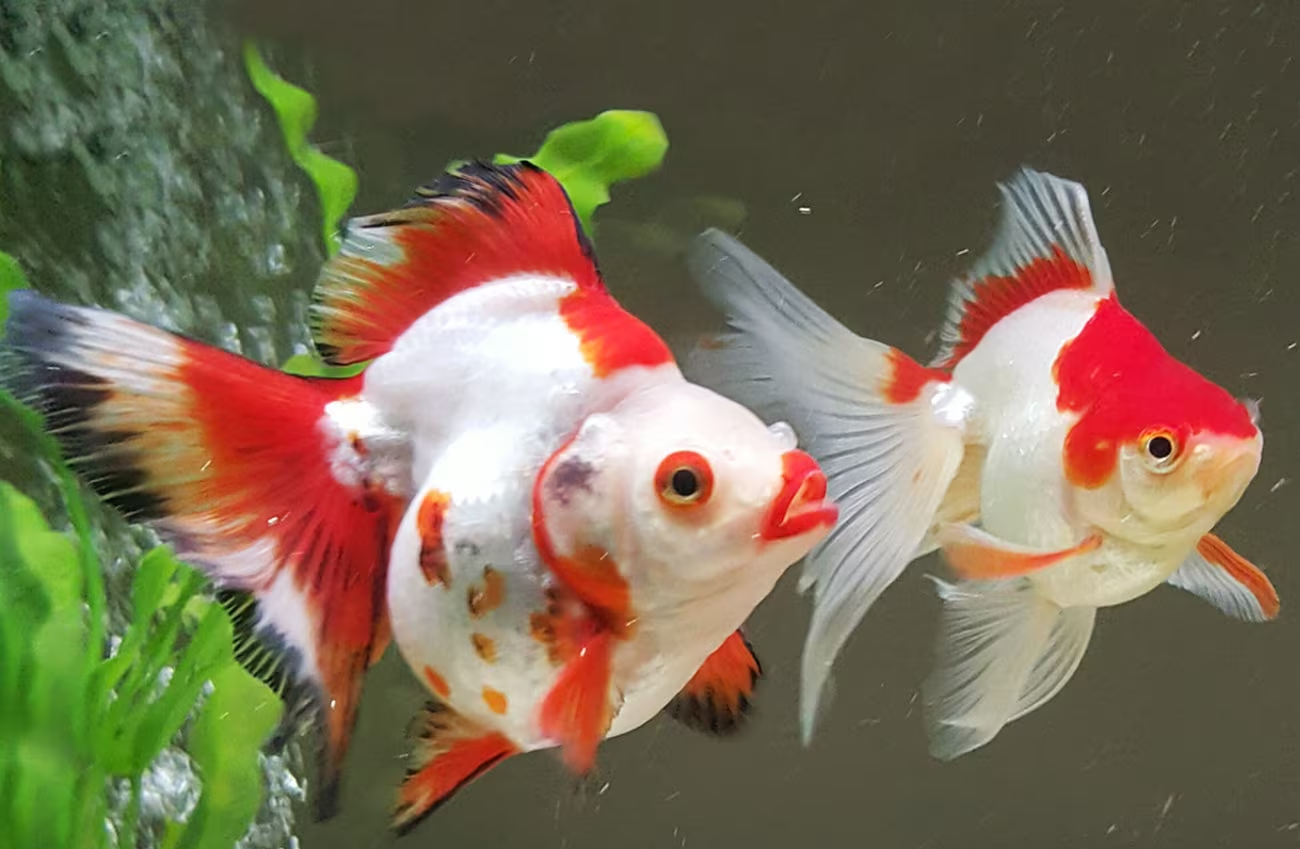Animals sensitive to the noise of fireworks: A diversity of reactions
Many pets are extremely sensitive to loud sounds, especially fireworks. Among the most affected are dogs, cats, birds, and small rodents. Let's explore how these different species react to bangs and flashes, revealing a broad spectrum of negative impacts.
Dogs
Dogs, known for their keen hearing, often become terrified by the strident sound of fireworks. They may show signs of stress such as trembling, excessive drooling, incessant barking, attempts to flee, and even destructive behaviors. In extreme cases, some dogs may develop phobias of loud noises, negatively affecting their long-term quality of life.
Cats
Cats, known for their reserved nature, can also be severely affected by fireworks. Many hide in secure locations, such as cabinets or under beds, while others may try to escape the environment, increasing the risk of getting lost. Repeated exposure to these stressful events can lead to chronic behavioral problems in cats.
Birds
Birds, especially those kept as pets in cages, can panic at the sudden noises of fireworks. Extreme stress can trigger self-destructive behaviors, such as feather plucking, negatively impacting the overall health of these delicate birds.
Small rodents
Animals like hamsters, gerbils, and rats can also be disturbed by fireworks. Stress may result in changes in behavior, such as increased aggression or seclusion, affecting the quality of life for these small companions.

Long-term consequences: Impacts on mental and physical health
Repeated and prolonged exposure to fireworks can have significant consequences for the mental and physical health of pets. In addition to immediate symptoms of stress, anxiety, and fear, long-term impacts deserve special attention.
Behavioral problems
Animals experiencing chronic stress due to fireworks may develop persistent behavioral problems. This includes aggression, destructive behaviors, social isolation, and even refusal to engage in previously enjoyed activities.
Physical health problems
Chronic stress can compromise the immune system of animals, making them more susceptible to diseases and infections. Additionally, some animals may experience gastrointestinal issues, sleep disorders, and other physical health problems associated with prolonged stress.
Noise phobias
Repeated exposure to fireworks' bangs can result in the development of noise phobias in pets. This not only impacts their daily quality of life but can also pose significant challenges for guardians dealing with these phobias in the long term.
Preventive measures and mitigating solutions
Safe environment
Create a secure environment for your pets during fireworks events. This may include setting up refuge areas at home and using blankets or earplugs to minimize sound.
Gradual training
Consider desensitization programs to help animals gradually get used to loud sounds. This can be done by playing fireworks recordings at low volumes and gradually increasing them over time.
Consult a veterinarian
In severe cases, consult a veterinarian to discuss treatment options, including behavioral therapies and medications to reduce anxiety during fireworks events.
Always protect our four-legged companions
Fireworks may be a dazzling spectacle for us humans, but it's crucial to recognize the dangers associated with these events, especially for our furry and feathered friends. By adopting preventive measures and seeking mitigating solutions, we can ensure that our pets enjoy a healthy and happy life, even during noisy celebrations. It's our responsibility to protect those who cannot verbally express their fears and discomfort, creating a safe and tranquil environment for them.

















Add comment